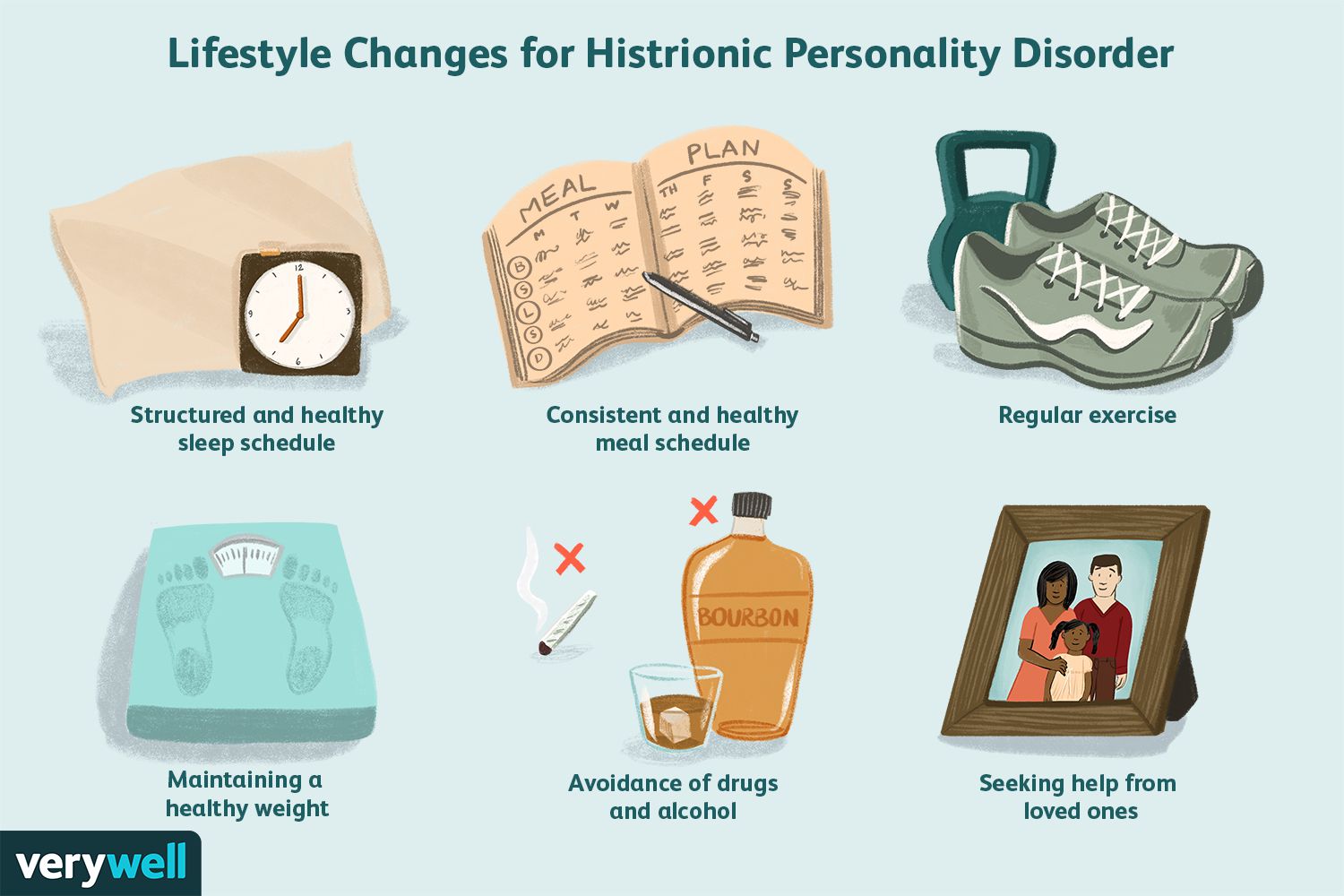
Histrionic Personality Disorder
Histrionic personality disorder is a serious mental health condition that can have an intensely negative impact on a person’s life. Characterized by seeking attention, being overly dramatic, and exhibiting eccentric behavior, histrionic personality disorder can be difficult to live with as it often disrupts relationships with family members and friends. This blog post aims to examine the traits of this disorder in more detail, as well as provide important information about diagnosis and treatment options for those living with histrionic personality disorder.
By exploring these topics further, we hope to not only inform readers about this troubling mental health issue but also help them find more effective ways of managing it today.
Let’s drive in to get more details.
Overview of Histrionic Personality Disorder
Histrionic personality disorder (HPD) is a mental illness that affects an individual’s relationships, behavior, thought processes, and emotions. It is classified as a Cluster B personality disorder which also includes narcissistic, borderline, and antisocial personality disorders. Sometimes patients of personality disorder may get exposure to drug addiction.
People with HPD are often dramatic, emotional, and sexually provocative in their interactions with others. They also display an exaggerated sense of self-importance, with a need to be the center of attention at all times. These individuals often come across as egocentric and excessively flirtatious.
Symptoms of Histrionic Personality Disorder
- Attention-seeking behavior
- Rapid changes in emotions
- Excessive concern over appearance and body language
- Easily influenced by others
- Overly dramatic speech and gestures
- Becoming upset and agitated when not the center of attention
- Impulsive decisions based on current feelings rather than careful consideration
It is important to note that the presence of any of these symptoms does not necessarily indicate histrionic personality disorder, as some of them may be present in people who do not have HPD.
Diagnosis and Treatment of Histrionic Personality Disorder
- Diagnosis: In order to be diagnosed with HPD, a person must meet the criteria outlined in the DSM-5. This includes exhibiting symptoms that last for at least six months and cause significant impairment or distress in interpersonal, occupational, or other areas of functioning.
- Treatment: The primary form of treatment for histrionic personality disorder is psychotherapy. This can include cognitive-behavioral therapy (CBT), which focuses on helping the individual recognize and change unhelpful thoughts and behaviors, as well as family or couples counseling to address issues in relationships. Medications such as antidepressants may also be prescribed to help manage symptoms of depression or anxiety that may co-occur with HPD.
It is important to note that recovery from HPD takes time and requires dedication and commitment from both the individual and their support system. It can also be helpful for individuals with HPD to practice self-care by engaging in activities such as yoga, meditation, or journaling.
Impact of Histrionic Personality Disorder on Relationships
People with HPD often have difficulty forming and maintaining meaningful relationships due to their constant need for attention and approval. They may also become easily jealous or possessive of others, leading to conflict in relationships.
Furthermore, individuals with HPD may struggle to recognize the feelings and needs of others, as they are so focused on their own. This can lead to arguments and misunderstandings in relationships, and it can be difficult for an individual with HPD to truly empathize with their partner.
It is important for individuals with HPD to recognize the impact of their disorder on their relationships and take steps to improve them. This may include seeking professional help from a therapist or counselor, as well as making an effort to understand the needs and feelings of their partner. Additionally, learning effective communication skills can help individuals with HPD express their emotions in a healthy way and maintain healthier relationships with those around them.
Coping Strategies for People Living with Histrionic Personality Disorder
Living with HPD can be difficult, but there are a few steps that individuals with the disorder can take to manage their symptoms. Firstly, developing healthy coping skills such as deep breathing, yoga, or journaling can help reduce stress and emotional outbursts. Additionally, practicing mindfulness and awareness of one’s own thoughts and feelings is important for people with HPD to recognize and manage their symptoms.
Engaging in physical activity or taking part in activities that bring joy can also help individuals with HPD manage their emotions and feel better. Finally, it is important for those with the disorder to have a strong support system of family and friends whom they can turn to when they are feeling overwhelmed or struggling with their disorder. If someone struggling with HPD finds that these strategies are not enough to manage their symptoms, it is important to seek help from the best psychiatrist in Lahore.
Conclusion
Living with HPD can be difficult and, for some, may require professional help. However, it is possible to manage the symptoms of this disorder with the right help and support. By practicing self-care techniques such as mindfulness, developing healthy coping strategies, and engaging in activities that bring joy, individuals with HPD can find relief from their symptoms and lead a more balanced life. With the right care and support, it is possible to successfully manage HPD and lead a happy and fulfilling life.



